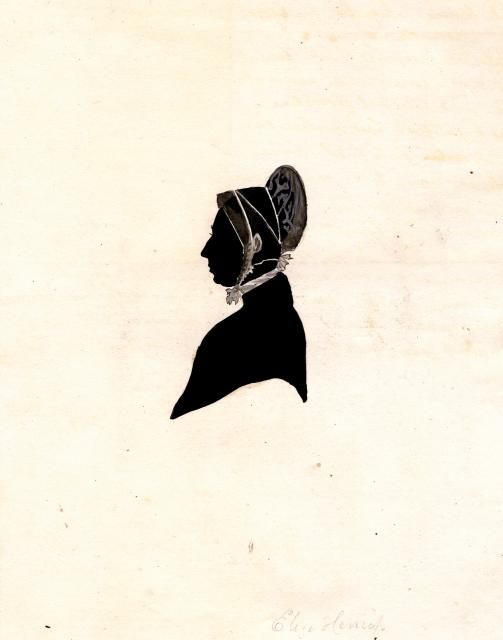Elizabeth Heyrick was born Elizabeth Coltman in 1789 in Leicester. She married a Methodist -John Heyrick, who died eight years later. Elizabeth became a member of the Society of Friends and devoted herself to social reform. She became a prison visitor and wrote political pamphlets on a wide variety of subjects from the Corn Laws to the harsh treatment of vagrants. However her main concern was the abolition of slavery in the British colonies. Heyrick began campaigning for a new sugar boycott in Leicester, with the help of Lucy Townsend, Mary Lloyd, Sarah Wedgwood and Sophia Sturge. She visited all of the city's grocers to urge them not to stock slave-grown goods. Her message was clear cut. She described the West India planters as like thieves and those who brought their produce like receivers of stolen goods. She asked why petition parliament when we can take swifter action ourselves. She wanted all slavery ended forever. She criticized the mainstream anti-slavery figures for being slow, cautious and accommodating. In 1824 she published her pamphlet 'Immediate not Gradual Abolition'. This differed from the official policy of gradual abolition and William Wilberforce gave out instructions for leaders of the movement not to speak at women's anti-slavery societies, most of which supported Heyrick. However her pamphlet was distributed and discussed at meetings all over the country. In 1830, the Female Society for Birmingham submitted a resolution to the National Conference of the Anti-Slavery Society calling for the organisation to campaign for an immediate end to slavery in the British colonies. Elizabeth suggested the strategy of withdraw funding for the Anti-Slavery Society if it did not support this resolution. The Birmingham Society was one of the largest donors to central funds and was influential across the network of ladies associations which supplied over a fifth of all donations. At the conference in May 1830, the Anti-Slavery Society agreed to drop the words "gradual abolition" from its title and support the Female Society's plan for a new campaign to bring about immediate abolition. Elizabeth Heyrick died in 1831 and therefore did not live to see the passing of the 1833 Abolition of Slavery Act.
With kind permission of 'The Library of the Religious Society of Friends'.
 Elizabeth Heyrick (1789-1831)
Elizabeth Heyrick (1789-1831)

 [ 1 ]
[ 1 ]  [
[

